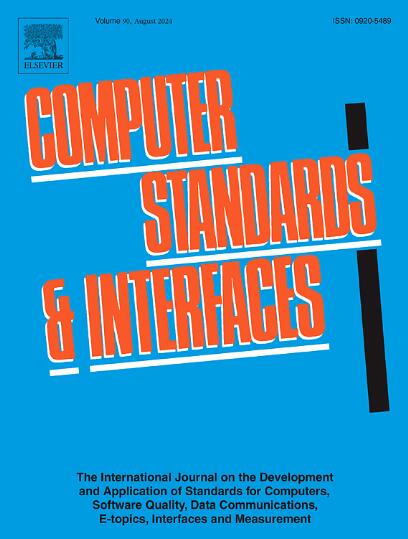Validation of the UEQ+ Scales for Voice Quality
IF 3.1
2区 计算机科学
Q1 COMPUTER SCIENCE, HARDWARE & ARCHITECTURE
引用次数: 0
Abstract
User experience (UX) measurement is vital for evaluating interactive devices and systems such as voice user interfaces (VUIs), which are widely available in smart speakers and mobile phones (e.g., Alexa and Siri). The User Experience Questionnaire Plus (UEQ+) framework provides a flexible approach with three novel constructed voice scales that assess the UX quality of VUIs. The UEQ+ contains UX scales that measure distinct UX aspects such as Efficiency, Stimulation as well as the three voice scales Response Behavior, Response Quality, and Comprehensibility. These scales can be combined to easily create a product-related questionnaire for VUI assessment. In this paper, we focus on validating the UEQ+ voice scales by verifying their reliability and validity, which are fundamental UX scale quality criteria. We surveyed a total of 623 participants, asking about three popular VUIs in two growing consumer markets. Our validation study findings confirm the reliability and factorial validity of the three UEQ+ scales for voice quality.

语音质量UEQ+标准的验证
用户体验(UX)测量对于评估语音用户界面(VUIs)等交互式设备和系统至关重要,这些设备和系统广泛应用于智能扬声器和移动电话(例如Alexa和Siri)。用户体验问卷+ (UEQ+)框架提供了一种灵活的方法,通过三种新颖的构建语音量表来评估用户体验质量。UEQ+包含用户体验量表,用于测量不同的用户体验方面,如效率、刺激,以及三个语音量表:反应行为、反应质量和可理解性。可以将这些量表组合起来,轻松创建用于VUI评估的与产品相关的问卷。在本文中,我们重点通过验证其可靠性和有效性来验证UEQ+语音量表,这是用户体验量表的基本质量标准。我们总共调查了623名参与者,询问了两个不断增长的消费市场中三种受欢迎的vui。我们的验证研究结果证实了三个UEQ+语音质量量表的信度和析因效度。
本文章由计算机程序翻译,如有差异,请以英文原文为准。
求助全文
约1分钟内获得全文
求助全文
来源期刊

Computer Standards & Interfaces
工程技术-计算机:软件工程
CiteScore
11.90
自引率
16.00%
发文量
67
审稿时长
6 months
期刊介绍:
The quality of software, well-defined interfaces (hardware and software), the process of digitalisation, and accepted standards in these fields are essential for building and exploiting complex computing, communication, multimedia and measuring systems. Standards can simplify the design and construction of individual hardware and software components and help to ensure satisfactory interworking.
Computer Standards & Interfaces is an international journal dealing specifically with these topics.
The journal
• Provides information about activities and progress on the definition of computer standards, software quality, interfaces and methods, at national, European and international levels
• Publishes critical comments on standards and standards activities
• Disseminates user''s experiences and case studies in the application and exploitation of established or emerging standards, interfaces and methods
• Offers a forum for discussion on actual projects, standards, interfaces and methods by recognised experts
• Stimulates relevant research by providing a specialised refereed medium.
 求助内容:
求助内容: 应助结果提醒方式:
应助结果提醒方式:


